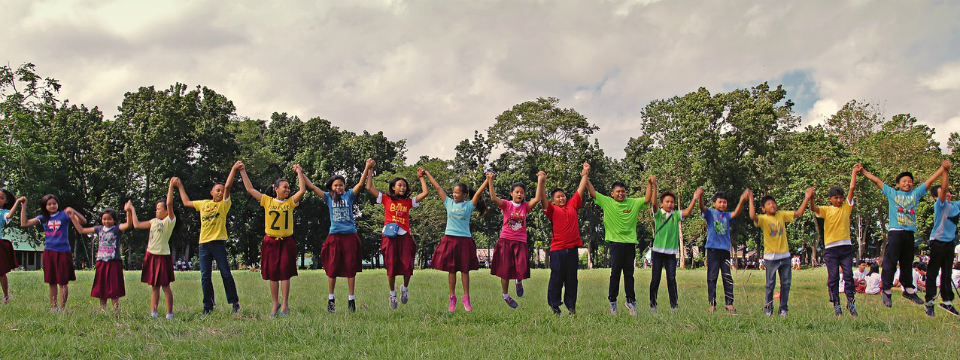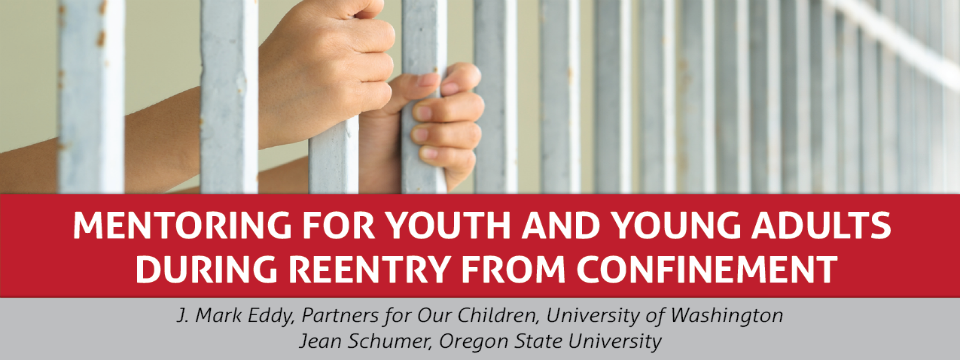Creating birds of similar feathers: How emphasizing similarities can improve matches
Editors note: This study has important implications for mentoring and other PYD studies. The simple act of emphasizing similarities improves relationships and leads to better outcomes. This should be a routine part of describing the “why” behind matches, for both mentors and mentees. Gehlbach, H., Brinkworth, M., King, A. M. , Hsu, L. M., McIntyre, […]











